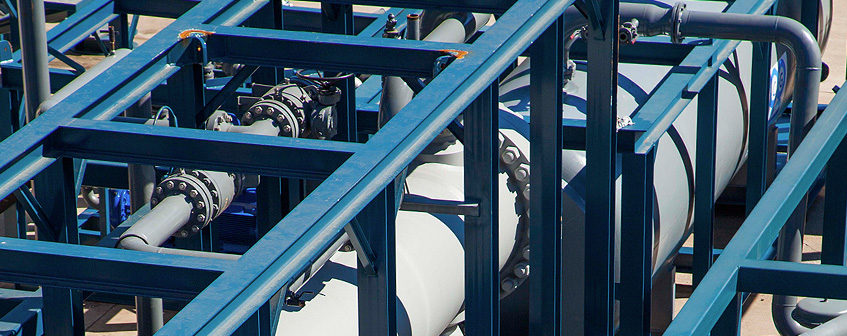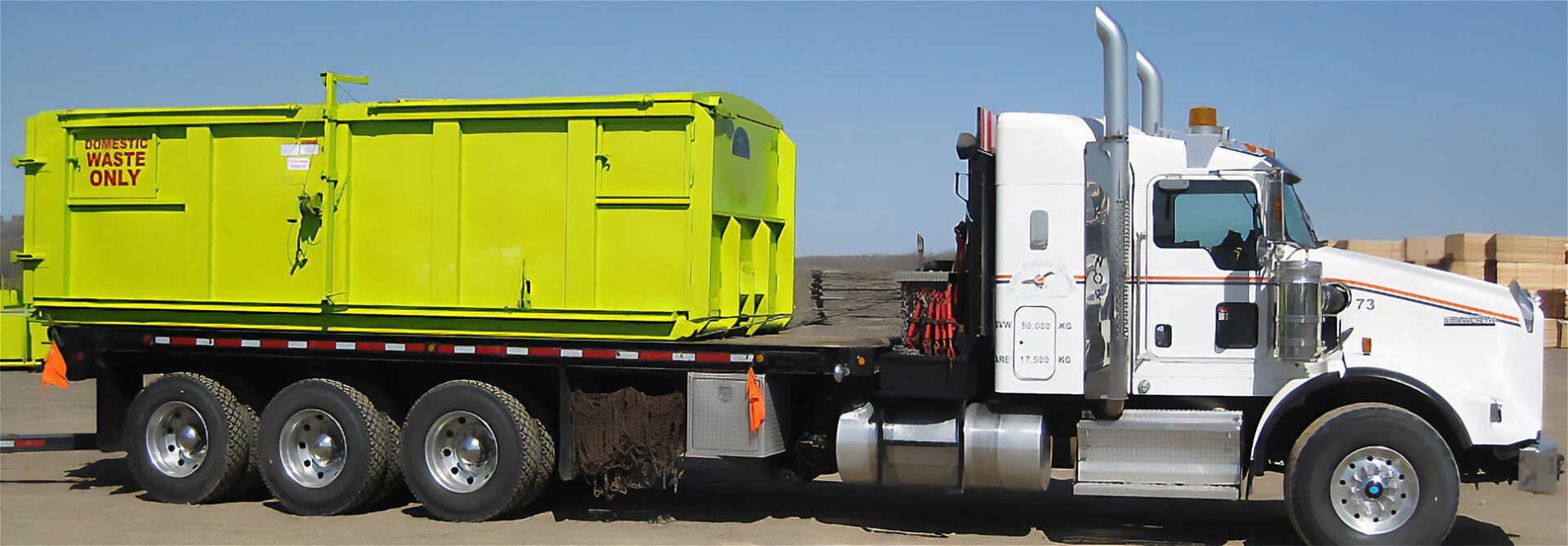A Comprehensive Guide to the Different Sorts Of Oil Field Equipment and Pipeline Equipment Available
The oil and gas industry relies heavily on specific tools for efficient removal and transport. Numerous sorts of machinery, from drilling rigs to tank, play vital roles in this intricate process. Each item of tools offers distinct functions that contribute to overall functional success. Recognizing these components is vital for anyone associated with the market. As the industry progresses, so too do the innovations that sustain it. What developments are on the perspective?

Drilling Rigs: The Backbone of Oil Exploration
Drilling rigs function as the essential equipment in the domain name of oil exploration, making it possible for firms to accessibility hydrocarbon books hidden deep below the Planet's surface area. These rigs come in various types, including land rigs, offshore rigs, and mobile systems, each developed to run in specific atmospheres. Geared up with advanced technology, drilling rigs can penetrate geological developments with accuracy, ensuring effective resource extraction. The structural honesty and functional abilities of these rigs are important, as they should endure extreme conditions and substantial pressures. In addition, the choice of an exploration gear influences the general project cost and timeline, making it an essential factor to consider for oil business seeking to optimize their expedition efforts and make best use of productivity in their operations.
Pumps: Essential for Liquid Activity
In the oil removal procedure, the function of pumps is significant, helping with the movement of fluids throughout numerous phases of manufacturing. Pumps are necessary for moving unrefined oil, water, and various other liquids from below ground storage tanks to the surface area and then through pipelines to refineries. They come in numerous kinds, including centrifugal, positive displacement, and completely submersible pumps, each offering certain purposes based upon the fluid features and operational requirements. Centrifugal pumps are generally used for their effectiveness in high-flow applications, while favorable displacement pumps master dealing with thick liquids. The option of pump influences general efficiency, functional safety and security, and upkeep prices. Proper choice and upkeep of pumps are crucial for enhancing manufacturing and lessening downtime in oil field procedures.
Valves: Managing Circulation and Pressure

Valves play a vital role in handling the circulation and pressure of liquids within oil fields and pipelines. Numerous kinds of shutoffs offer distinctive applications, each designed to meet details features essential for effective procedure - Superior Rentals fusion machines. Recognizing the characteristics and uses of these shutoffs is vital for optimizing system efficiency and safety and security
Types of Valves
Crucial components in oil area procedures, valves play a vital duty in regulating the circulation and stress of fluids within pipelines and equipment. Various kinds of shutoffs are used to meet the diverse demands of oil and gas production. Common kinds include entrance valves, which offer a straight-line flow and minimal stress decline; world valves, known for their throttling capacities; and sphere shutoffs, acknowledged for their quick on/off control. Additionally, check valves avoid backflow, while butterfly shutoffs supply a light-weight option for regulating flow. Each shutoff kind is created with certain materials and configurations to withstand the harsh problems usually located in oil areas, ensuring integrity and performance in operations. Comprehending these types is critical for reliable system administration.
Valve Applications and Functions
While numerous sorts of valves serve distinctive functions, their primary applications focus on managing flow and pressure within oil and gas systems. Shutoffs such as entrance, world, and round valves manage fluid activity, guaranteeing peak efficiency and safety. Gateway valves are frequently utilized for on/off control, providing minimal flow resistance. World valves, on the various other hand, deal precise click this link flow guideline, making them ideal for throttling applications. Ball shutoffs are favored for their quick operation and limited sealing abilities. Additionally, stress alleviation valves are important for preventing system overpressure, guarding devices integrity. In general, the ideal choice and application of shutoffs enhance operational performance, ensuring the trustworthy transport of oil and gas with pipes and handling centers.
Compressors: Enhancing Gas Transportation
Compressors play a vital duty in the effective transportation of all-natural gas, gas pipe services near me guaranteeing that it relocates efficiently through pipes over cross countries. These tools raise the pressure of natural gas, permitting it to conquer friction and elevation changes within the pipeline system. Additionally, compressors assist in the harmonizing of supply and need, fitting fluctuations in intake and production rates. Numerous kinds of compressors are utilized in the industry, consisting of centrifugal, reciprocating, and rotating screw compressors, each offering distinct advantages based on the functional needs. Normal upkeep of these compressors is vital to make best use of efficiency and minimize downtime, inevitably contributing to a reliable gas transport network. Their essential function emphasizes the importance of compressors in the overall oil and gas facilities.
Storage Tanks: Safe and Effective Fluid Management
Effective transportation of Learn More gas relies upon various supporting systems, among which is the correct management of storage tanks. These containers play an essential role in securely consisting of fluids, guaranteeing that operational performance is kept while decreasing ecological dangers. Constructed from durable products, they are created to endure high pressures and harsh aspects. Correctly sized and strategically situated, storage containers facilitate the smooth circulation of gas and various other fluids, stopping bottlenecks in supply chains. Routine maintenance and tracking are necessary to find leaks or structural concerns, advertising safety and security and compliance with governing standards. Eventually, the effective administration of tank is critical for the general honesty and reliability of the oil and gas market's fluid handling systems.
Pipeline Equipments: Facilities for Transportation
Pipeline systems serve as the backbone of the oil and gas sector, promoting the reliable transportation of hydrocarbons over substantial ranges. These systems contain various parts, including pipelines, valves, pumps, and compressors, all diligently made to ensure smooth circulation. The products utilized in pipeline building and construction, commonly steel or high-density polyethylene, are selected for sturdiness and resistance to deterioration. Pipeline networks can span throughout land and water, linking manufacturing websites to refineries and distribution. Furthermore, advanced innovation allows real-time surveillance of circulation prices and stress levels, boosting functional effectiveness. The strategic positioning of these pipes minimizes environmental influence while making best use of resource accessibility, thereby playing a vital function in meeting energy needs around the world.
Safety And Security Equipment: Making Certain Worker and Environmental Management
The procedure of pipeline systems, while essential for power transport, likewise provides significant safety obstacles for workers and the environment. Safety and security tools plays a considerable role in mitigating these threats. Individual safety devices (PPE) such as safety helmets, gloves, and non-slip footwear safeguards workers from physical threats. In addition, gas detection systems monitor for leakages, making certain that harmful substances do not pose a danger to personnel or the surrounding ecosystem. Emergency situation shutdown systems are essential for promptly stopping operations throughout a crisis, protecting against prospective disasters. Spill control products, including absorbents and obstacles, are essential for minimizing ecological influence. Generally, buying all-inclusive safety devices is critical for keeping operational stability and protecting both employees and the atmosphere in the oil and gas industry.

Regularly Asked Inquiries
Just how Do I Pick the Right Oil Field Equipment for My Task?
Picking the ideal oil area equipment involves reviewing project specifications, budget plan restrictions, and operational requirements. Think about aspects such as tools integrity, compatibility with existing systems, and the distributor's reputation to guarantee peak performance and safety.
What Are the Maintenance Requirements for Oil Field Equipment?
Upkeep needs for oil area devices include normal examinations, lubrication, and prompt repairs. Operators needs to likewise comply with maker standards, monitor efficiency metrics, and guarantee compliance with security guidelines to improve longevity and effectiveness.

Just How Can I Ensure Conformity With Environmental Regulations?
To guarantee compliance with environmental regulations, business should conduct routine audits, execute ideal practices, invest in training, maintain proper paperwork, and remain updated on legislation (Superior Rentals near me). Partnership with environmental agencies can also enhance adherence to regulations
What Is the Ordinary Life-span of Pipeline Equipment?
The ordinary life expectancy of pipeline devices typically ranges from 20 to 50 years, depending on aspects such as material top quality, environmental conditions, and upkeep methods. Routine examinations can considerably affect longevity and functional effectiveness.
Just how Do I Securely Transfer Oil Field Equipment to Remote Locations?
Moving oil field equipment to remote areas calls for cautious preparation, including course analysis, protecting permits, utilizing proper lorries, and making certain security methods are adhered to. Appropriate training and communication amongst teams are crucial for effective transportation.